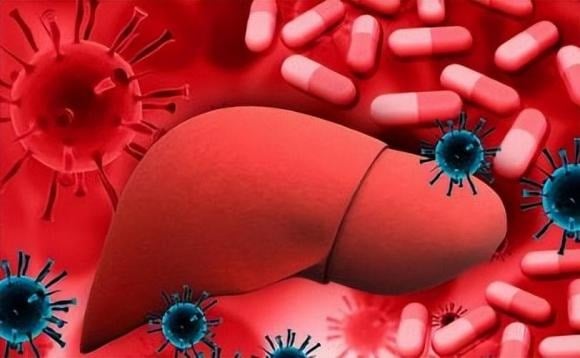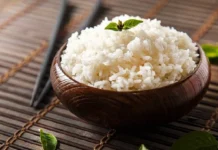Many types of cancer exhibit no obvious signs or symptoms in their early stages, making early detection a challenging task. Liver cancer, for instance, often goes unnoticed until it has progressed to an advanced stage.
In recent years, liver disease cases have been on the rise, with liver cancer rates remaining high. Notably, most patients are only diagnosed when the disease has already reached an advanced stage. Why is early detection of liver cancer so difficult? Being informed and aware can empower individuals to take proactive measures for prevention and seek effective treatment options.

5 Unhealthy Habits that Increase the Risk of Liver Cancer
1. Regular Alcohol Consumption
The liver is responsible for metabolizing alcohol. Excessive or frequent drinking overburdens the liver, leading to inflammation and, over time, an increased risk of liver cancer.
2. Late Nights and Sleep Deprivation
Pulling all-nighters and chronic sleep deprivation interfere with the liver’s natural regeneration process. Without adequate rest, the liver is forced to work overtime, making it more susceptible to damage and functional decline.
3. Indulging in Fried Foods
A diet rich in fried foods disrupts lipid balance, leading to excess fat accumulation. This places additional strain on the liver and impairs its detoxification abilities, gradually increasing the likelihood of liver cancer.
4. Consuming Moldy Foodstuffs
Aflatoxin, a potent carcinogen produced by the Aspergillus flavus fungus, thrives in warm and humid environments. Regions contaminated with aflatoxin B1 often witness higher rates of liver cancer. Regularly consuming moldy grains or foodstuffs significantly heightens the risk of developing this cancer.

5. Medication Misuse
Self-medicating or indiscriminate use of dietary supplements without medical guidance can inflict harm on the liver. Many medications carry side effects, and their prolonged, unsupervised use may lead to liver damage and increase the risk of liver cancer.
Why is Liver Cancer Often Detected Late?
1. Subtle Symptoms
In its early stages, liver cancer often presents no specific symptoms. It is only when the disease has progressed significantly that noticeable symptoms appear, making early detection a challenging endeavor.
2. Liver’s High Compensation Ability
The liver can function normally even when 10-20% of its tissue is damaged, making it difficult for individuals to perceive any abnormalities. Particularly for those over 40 years of age with a history of hepatitis B or C, or unhealthy habits like smoking or drinking, regular health check-ups are crucial for early detection.
3. Low Health Screening Awareness
Many individuals do not prioritize regular health check-ups. Even when annual check-ups are conducted, the number of tests included may be insufficient for early cancer detection. Currently, the primary method for liver cancer screening is Doppler ultrasound combined with alpha-fetoprotein blood testing.
Early Warning Signs
2 Odors to Heed
-
Halitosis Bad breath, or halitosis, may indicate liver cancer. When the liver is damaged, the breakdown of methionine is disrupted, leading to increased production of ammonia and methyl mercaptan, resulting in breath that smells like rotten eggs or garlic.
-
Unusual Body Odor Impaired liver function hinders the elimination of toxins through the usual excretory pathways, causing them to be released through the pores. If you experience persistent unusual body odor, it’s advisable to get your liver function checked.
2 Unusual Itching Symptoms
-
Itchy Eyes The liver and the eyes are intimately connected. When the liver is damaged, blood flow to the eyes decreases, resulting in dry and itchy eyes.
-
Unexplained Itchy Skin Prolonged itching that cannot be attributed to allergies or dry weather may be a sign of impaired liver function. The liver’s diminished ability to process bilirubin can lead to jaundice and persistent itching, with more severe symptoms indicating advanced liver cancer.
Who Should Avoid Eating Pork Heart, No Matter How Tasty It May Be?
“Pork offal, though versatile and delicious, may not be suitable for everyone’s palate or health. The consumption of pork offal dishes can potentially exacerbate existing health issues for certain individuals. It is important to be mindful of one’s health conditions before indulging in these culinary delights.”





































